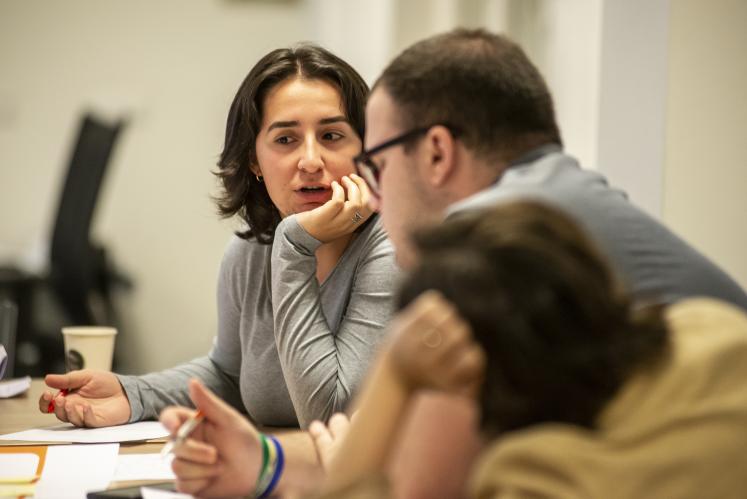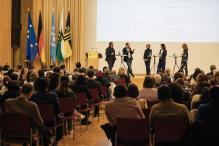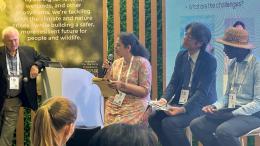Together with a team of researchers from ten universities, led by Dr. Mindel van de Laar and Dr. Oksana Celbis, we undertook a project titled: “Research supervision and mentoring practices: Ensuring support and building resilience of doctoral researchers during the COVID-19 pandemic and beyond.”
We explored the experiences of doctoral students during the COVID-19 pandemic to understand how they were affected in both the short and long term by the lockdowns. More importantly, we sought to identify how we, as institutions and supervisors, can better support our students in times of uncertainty.
Our research confirmed that supervisory support plays a crucial role in helping doctoral students manage not only the standard pressures of a PhD, but also those amplified by the pandemic. However, broader institutional and systemic challenges—such as inadequate digital infrastructure and limited incentives for additional mentoring—also shaped the type and level of support students could access. In the absence of consistent supervisory support, many students turned to peer networks and external academic mentors for guidance.
We found that especially during uncertain times, support for doctoral students must extend beyond targeted academic advice. Students expressed a clear need for guidance in developing their academic identity, navigating career pathways, and managing personal well-being, particularly as mental health concerns intensified during the pandemic. While awareness of the need for holistic support is growing, not all supervisors feel equipped—or see it as their role—to address these wider needs.
Our study shows that communities of practice and peer networks can play an essential role in fostering student resilience, especially when time or resources limit the scope of supervisory support. Even when supervisors were present and engaged, additional connections to external support structures enriched the doctoral journey. Doctoral schools could benefit from formalizing access to such networks and services, ensuring they complement supervisory teams rather than replacing them.
To better support PhD students, supervisors and doctoral schools should proactively connect students to resources such as mentoring services, professional associations, and research-focused peer groups. Many students reported that peer mentoring and collaborative research opportunities significantly contributed to their academic and professional development.
Ideally, the student-supervisor relationship should be embedded in a broader, nested system of support, offering professional development opportunities for both students and supervisors. This can be achieved at various levels of the doctoral support ecosystem:
- Micro-level: individual support services and resources tailored to the needs of PhD students and their supervisors.
- Meso-level: structured activities such as group coaching, supervisor training programs, and institutional mentoring schemes—whether internal or through broader networks.
- Macro-level: national policies and institutional frameworks that provide a supportive research and education environment. This includes a functioning digital infrastructure and recognition of the substantial workload involved in doctoral supervision, backed by appropriate incentives and working conditions.
Finally, institutions should continue to invest in international collaboration and shared learning opportunities, which became more prominent during the pandemic. These partnerships not only support research but also enhance doctoral training through global engagement.
Read the full study here.




